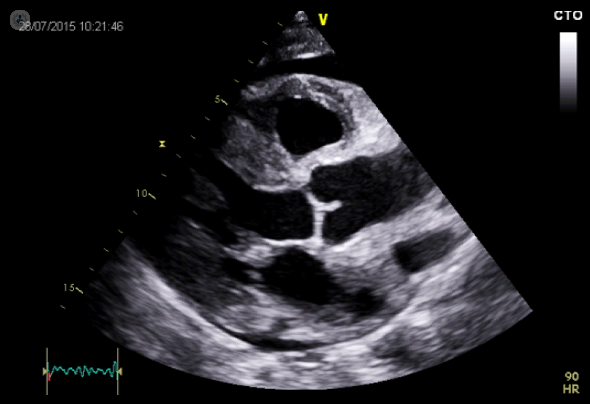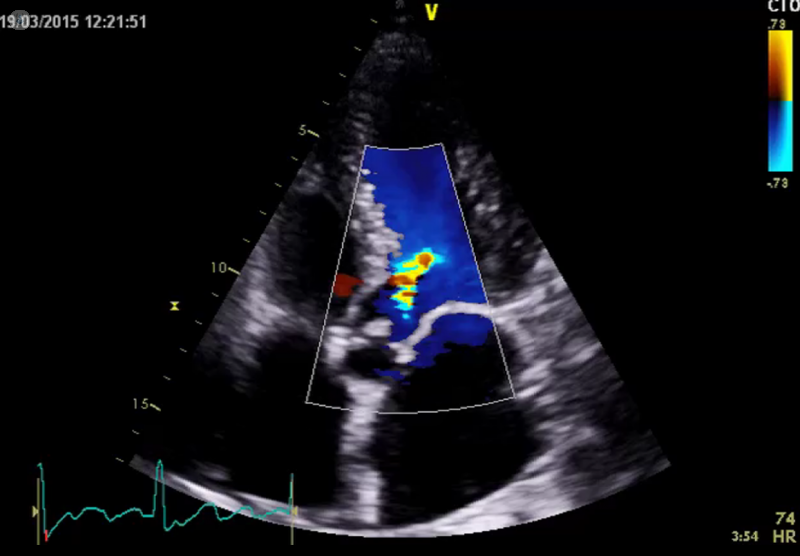Echocardiogram – Part 1: Why do I have to have an echocardiogram?
Written by:The heart is one of the strongest muscles in the body, never tiring as it beats over 3 billion times during our lives to pump blood around the body. However, as with all parts of your body, things can go wrong. When this happens, one test that can help your doctor identify the problem is an echocardiogram. Dr Allan Harkness is a leading cardiologist who sits on the education committee of the British Society of Echocardiography. In the first of this series of articles, he explains why echocardiograms are done.

Why have an echocardiogram?
The commonest reason to have an echocardiogram, or echo, is to check that your heart is functioning normally.
Symptoms that suggest your heart may not be working well include:
- Breathlessness
- Ankle swelling
- Tiredness or fatigue
- A rapid heartbeat or palpitations
- A cough, especially at night
Signs your doctor may notice are:
- Crackles when listening to your chest
- A murmur when listening to your heart
- An abnormal rhythm to your pulse
- Your neck veins appear distended
It is possible to have a heart that is not working normally and yet still feel completely well. Looking for heart disease before you have symptoms is a form of health screening. If a close member of your family has a heart condition that could be inherited, you may be advised to have your heart tested with an echocardiogram.
What are they looking for in an echocardiogram?
Your heart is a muscular pump with four main chambers and four valves. The pipes filling the heart with blood are the veins and the pipes carrying blood away from the heart are the arteries. An echocardiogram will look at the size, shape and function of all the pipes, chambers and valves in your heart.
The ultrasound waves pass through your chest and reflect off the muscle, blood and fat inside. The reflections are picked up by the echo probe and turned into pictures. Most of the time, the image created is a black and white, fan-shaped 2D picture.
The latest machines can also take a 3D picture, which is very useful for looking at damaged heart valves.

The sonographer can also add a bit of colour. The colour shows which way the blood is flowing. A heart valve that functions normally should just let blood flow in one direction. If it is leaky, the coloured picture will show blood leaking back the wrong way.
If you would like to book an appointment with Dr Allan Harkness, head on over to his Top Doctors profile today.


